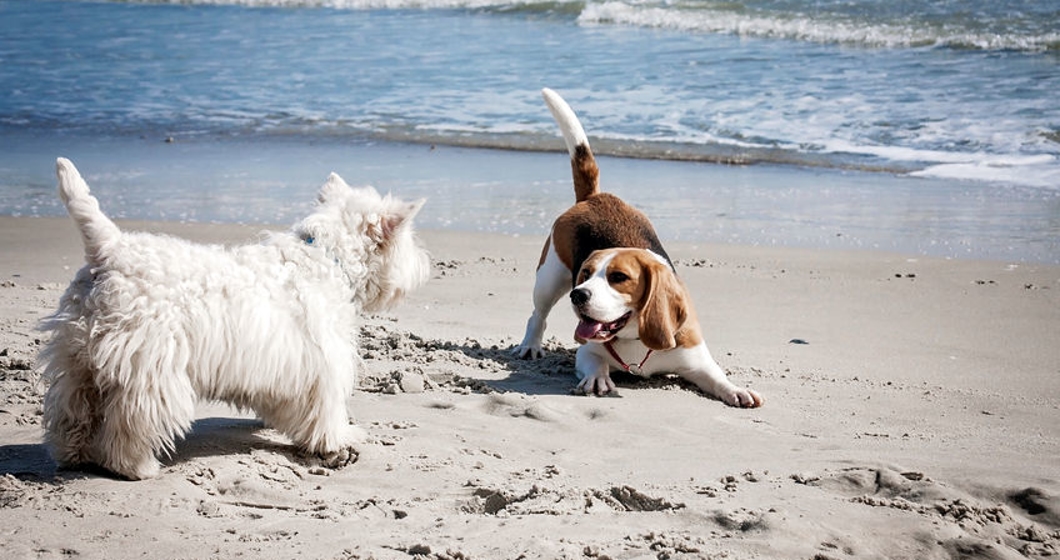The ocean is home to millions of species of animals, plants and other organisms. Unfortunately, human activities can devastate this marine environment, one example being pet waste pollution. Here In Raleigh, North Carolina — which sees whales beginning to migrate from February through March - pet waste is becoming an increasingly severe environmental issue and could be putting these majestic creatures at risk. In this article, we'll explore the potential impacts of pet waste pollution on the ocean and its animals in Raleigh, North Carolina.
Pet waste is not only an eyesore, but it can also be a health hazard. When it rains, pet waste can wash into storm drains and eventually make its way into our waterways. There, it can pollute the water and harm aquatic life. Have you ever wondered what kind of marine life and other species are local to the Raleigh area? The North Carolina Wildlife Resources Commission has a helpful guide that spells out what kind of creatures live amongst us along with more information about them.
Not only does pet waste pollute the water, but it can also contaminate the soil. When pets defecate on grass, the bacteria and parasites in their waste can stay in the ground for years. If people come into contact with this contaminated soil, they could become sick.
Pet waste pollution is a severe problem that needs to be addressed. We all need to do our part to keep our waterways clean and safe for everyone.
How pet waste affects marine life in Raleigh, NC
It is estimated that there are about 15 million dogs in the United States. Each of these dogs produces about a pound of feces every day. That's a lot of pet waste! Most of this waste ends up in landfills or gets flushed down the toilet, which eventually ends up in our waterways.
Pet waste contains harmful bacteria that can pollute the water and make people and animals sick. When it rains, this bacteria can wash off sidewalks, lawns and into storm drains which lead directly to our creeks, rivers and the ocean.
In Raleigh, NC, pet waste is a significant problem for marine life. The Neuse River Estuary is home to many fish, shellfish and crustaceans. These animals are susceptible to changes in water quality and can get sick or even die when the water is polluted with bacteria from pet waste.
Not only does pet waste pollute the water, but it can also affect the air quality. When pet waste decomposes, it releases methane gas into the atmosphere, contributing to climate change.
Effects of pet waste pollution on whales migration
Whales are among many animals affected by pet waste pollution in Raleigh, NC. Pet waste can contain harmful bacteria and viruses that can sicken or even kill whales. In addition, pet waste pollutes the water and can make it difficult for whales to find food. As a result of these effects, pet waste pollution can disrupt whale migration patterns. When whale migration is disrupted, this can impact their ability to breed and eventually lead to endangerment and if nothing is done about it, potential extinction. If you want to see and learn more about whales, consider whale watching along the coast.
Pet waste pollution is a serious issue that needs to be addressed in Raleigh, NC and other regions of the world. This type of pollution threatens the ocean and its inhabitants, as it can lead to water contamination and disease. Pet owners need to be aware of this problem to ensure their furry friends are correctly disposing of their waste. Working together can help protect our oceans from being polluted by pet waste. Need some help picking up after your dog? It's a challenging task, but we're up for It! We can help keep your yard dog waste free and do our help to prevent pet waste pollution in our local water sources. Visit our website to learn more.


